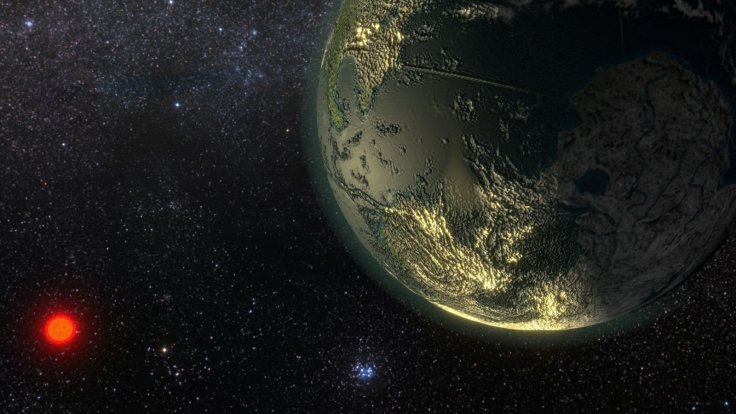
A new study conducted by a team of scientists, led by University of Chicago geoscientist Stephanie Olson, has suggested that some exoplanets orbiting in the habitable zone of their stars could have better conditions for life to evolve and thrive than earth.
While talking in a presentation at the Goldschmidt Geochemistry Congress in Barcelona, Stephanie Olson also added that the biodiversity in these exoplanets will be more active than the earth and this is mainly due to the favourable ocean-circulation patterns in these space bodies.
"This is a surprising conclusion. It shows us that conditions on some exoplanets with favourable ocean circulation patterns could be better suited to support life that is more abundant or more active than life on Earth," said Olson, Phys.org reports.
Before making this conclusion, Olson and his team modelled likely conditions on different types of exoplanets using the ROCKE-3-D software. It should be noted that this software is developed by NASA's Goddard Institute for Space Studies (GISS), and using this, Olson's team simulated the climate and ocean habitats of different types of exoplanets.
"We have used an ocean circulation model to identify which planets will have the most efficient upwelling and thus offer particularly hospitable oceans. We found that higher atmospheric density, slower rotation rates, and the presence of continents all yield higher upwelling rates. A further implication is that Earth might not be optimally habitable, and life elsewhere may enjoy a planet that is even more hospitable than our own," added Olson.
A few weeks ago, researchers using the data sent by NASA's Transiting Exoplanet Survey Satellite had discovered an exoplanet named GJ 357d that could support alien life. The exoplanet lies in the outer edge of the star's habitable zone, and experts revealed that this space body is 6.1 times massive than the earth. Researchers who took part in this study also added that this exoplanet could also have the right conditions to support liquid water on its surface, which indicates the presence of potential alien life there.









